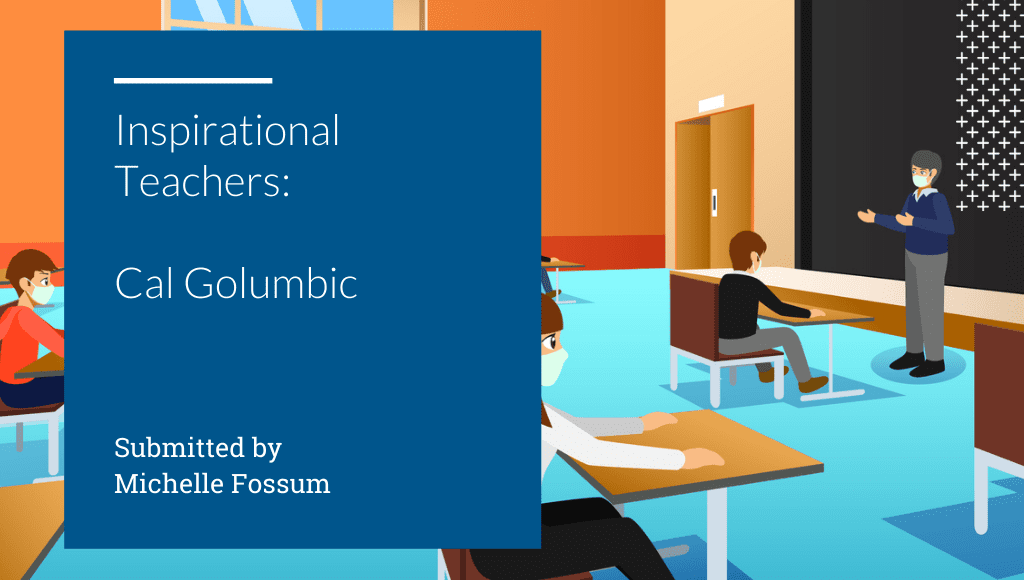Charter schools are public schools that operate independently from the district school system. This structure gives schools more freedom in terms of curricula, programs, focus, and mission. The first charter school opened up in the Midwest in the 1990s.
There have been significant developments since then. Currently, there are 7,427 charter schools in the United States.
Charter schools are usually started by education champions, mavericks seeking to make a difference. These public schools are vetted to ensure that their curriculum and their funding are adequate. Charter schools are tuition-free, and they can set their own curricula. While funding for charter schools in Arizona does come from the State, it is often not commensurate to the funding of district schools. This creates a challenge for those who seek to fund the growth of an Arizona charter school.
History of Charter Schools in Arizona
Arizona was the tenth state to adopt charter schools. Charter school law was enacted in June 1994. It soon became known as the strongest charter law in the country.
After a recommendation from their neighboring state of Colorado, Arizona legislators created the Arizona State Board for Charter Schools to oversee these schools. There are more than 560 charter schools in Arizona today.
Areas of Focus for Charter Schools in Arizona
Charter schools do best when they have a specific focus. Arizona has a rich tradition of agriculture, so it’s no surprise that a network of schools focuses on agri-business. Students at the Arizona Agribusiness and Equine Center graduate with up to 17 college credits under their belts.
Some Arizona schools focus on the Arts – such as the Metropolitan Arts Institute, the New School for the Arts and Academics, and the Arizona School for the Arts.
Some schools focus on accelerated learning – such as the Mohave Accelerated Schools and the American Leadership Academy.
Some schools have a high percentage of students below the state poverty line. These schools function as community hubs, with meal plans for the students and other services that bolster families in their zone of influence.
Challenges for Growing a Charter School in Arizona
While the number of successful charter schools in Arizona keeps increasing, there are certainly challenges to growing a charter school in Arizona. Some of the biggest challenges are:
Finances
Many charter schools face financial struggles. Sometimes a school expands too quickly or embarks on too audacious a growth plan, and the finances of this growth cause cash flow problems. Sometimes the business plan has flaws that materialize only once the school is in operation. Keeping a charter school viable requires a strong combination of good governance and sound financial planning.
Working together with a financial partner such as Charter School Capital allows a charter school to navigate a temporary lag in funding, an unplanned financial emergency, or an ambitious growth plan.
Enrollment
To attract a steady flow of new students, an Arizona charter school needs to establish itself in the local community and be known. This requires good word-of-mouth, combined with strategic initiatives to promote the school – both at the grassroots level (what we call the “ground game”) and through digital marketing campaigns.
COVID-19 Pandemic
One of the leading causes of enrollment challenges in the past year has been the coronavirus pandemic. Many schools in Arizona moved over to a virtual teaching model to overcome the health crisis. This caused a strain on school resources. Depending on available infrastructure and skill level, some schools adapted quicker than others. Some of the financial strain was softened by the advent of ESSER funds (COVID-19 relief funds for schools). However, as the Delta variant disrupts in-person teaching, once again, schools are feeling the pressure.
Starting a School in Arizona
The process of starting a charter school in Arizona is similar to that of other states. However, a key difference is the length of time it may take. As we count all the planning, charter application, finding a building, and recruiting teaching staff, it will take a minimum of two years for a charter school.
1. Plan and Write Your Charter Application
This is the very first item for anyone looking to open an Arizona charter school. Planning and writing the charter school application allows the Board of Education to see precisely what your charter school will do, their curriculum, and your mission as an organization. This is usually helpful to give people an idea of how they can find a facility and the staff needed for their organization.
2. Find a Facility and Finalize Your Educational Plan
Finding a facility is also essential and clarifies that your charter school has a place to operate. This is what many of the board members will want to see, and they will be able to promote your school more if you are more prepared.
You will also have to finalize your educational plan, including the educational philosophy, the target population, and the course offerings. This will be the bulk of your application. (This document is currently 88 pages long – so allow ample time to fill it out.)
3. Submit the Application by June
Arizona is strict about its charter school applications. If you want to open your charter school in 2024, you must submit your application before June 2022. This allows the board to check your information and plan and see if you can be approved by December. Then, you have eight months to prepare and make your charter school plans a reality.
Growing Your Charter School in Arizona
Here are some of the ways that you can grow your charter school in your local community:
- Market yourself to the local community online and offline.
- Use social media where you can for digital marketing.
- Use ads and promotional events to spread the word and get support early.
- Create a website to help your parents and community see the value of your charter school.
While you can do most of this yourself, another approach is to outsource initiatives such as creating a website and digital marketing to a trusted partner. Charter School Capital has a team of professional marketers devoted to offering this service to charter schools
Do You See Yourself as an Arizona School Leader?
Charter schools help families have a wider choice on where their children can pursue their education. Creating a charter school in Arizona takes more work than in other states, but you can expect more stability once your school is off the ground than in most states.
Contact us today to learn more about how we can assist you with creating your charter school and what you will need to be approved with the first application.
CONTACT US

